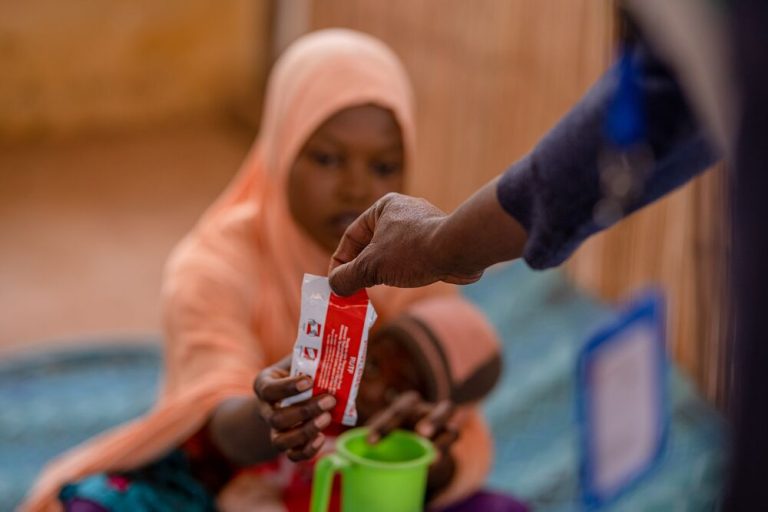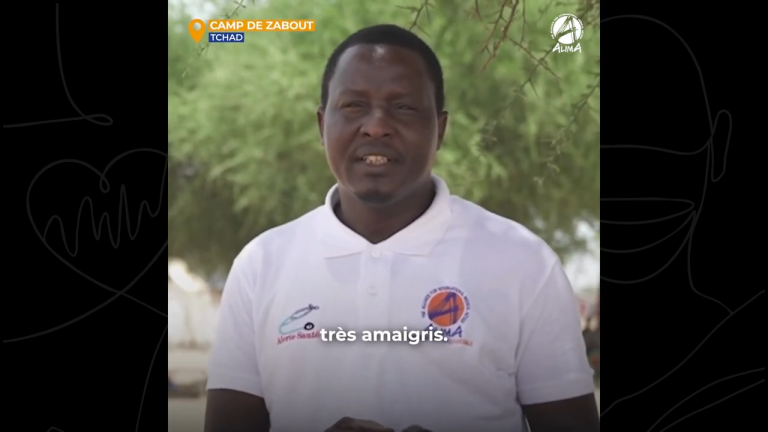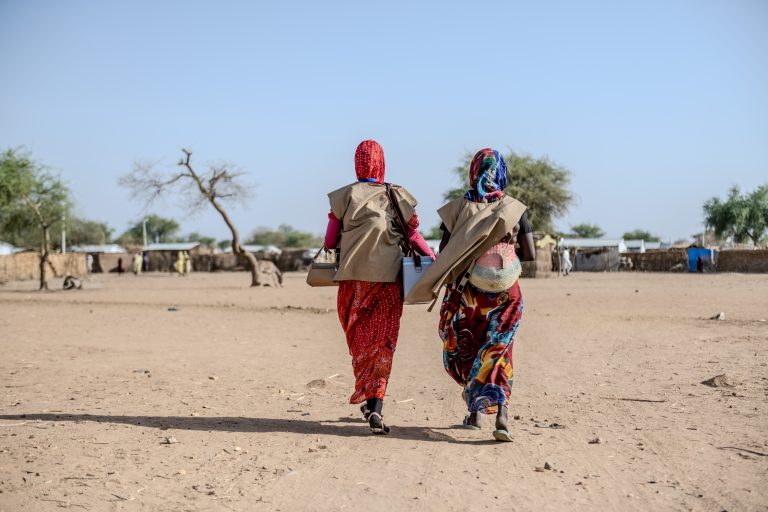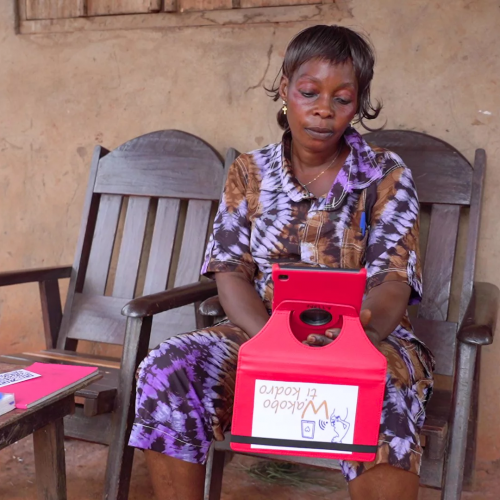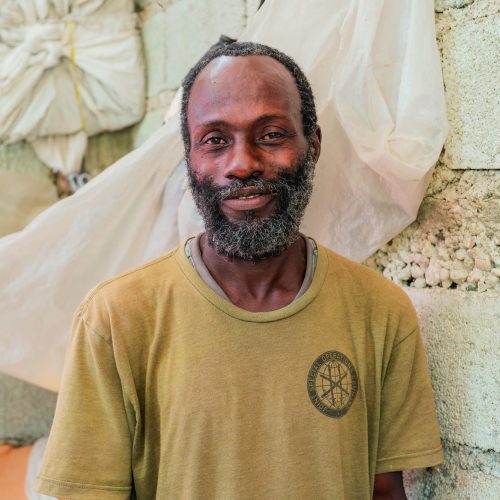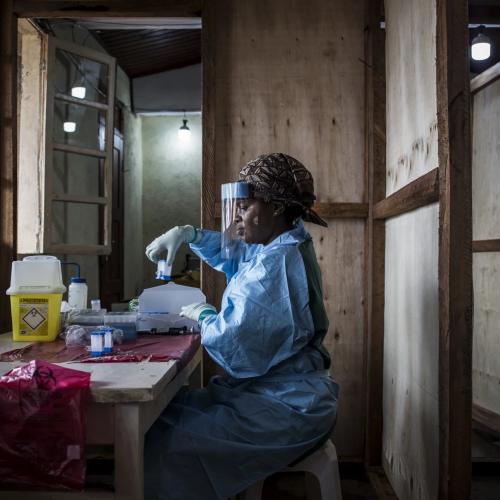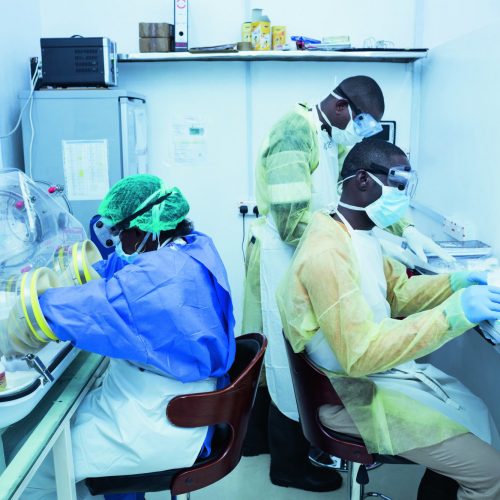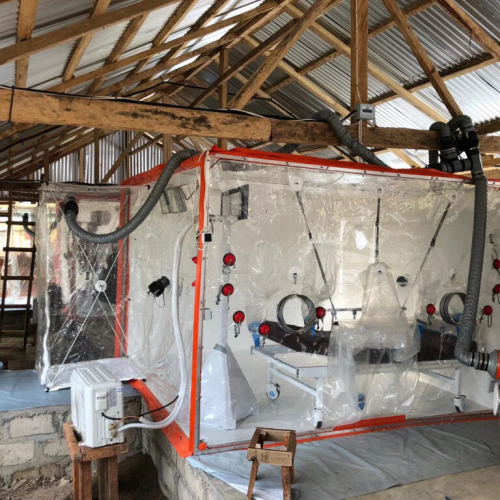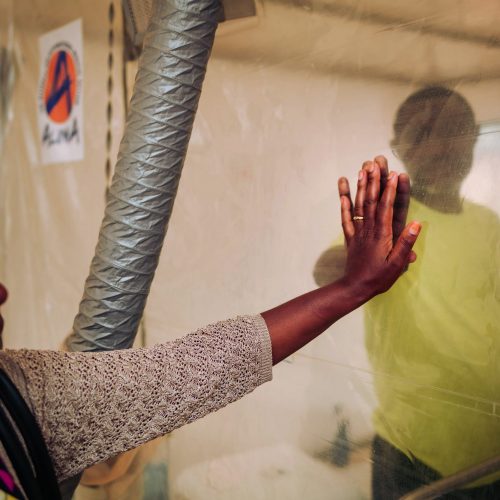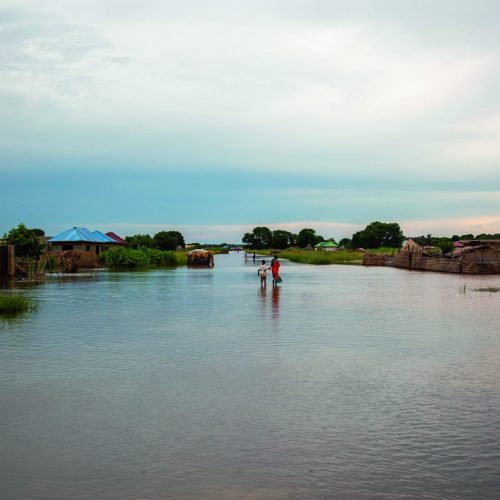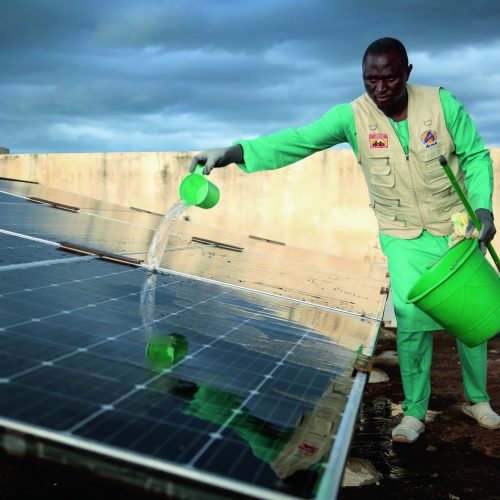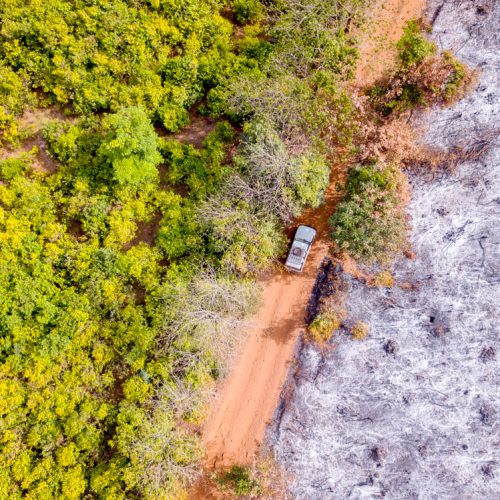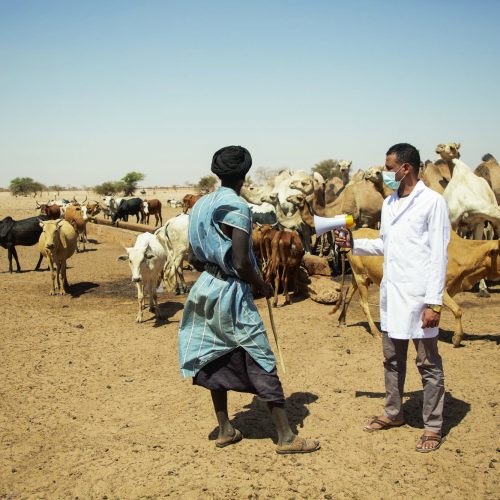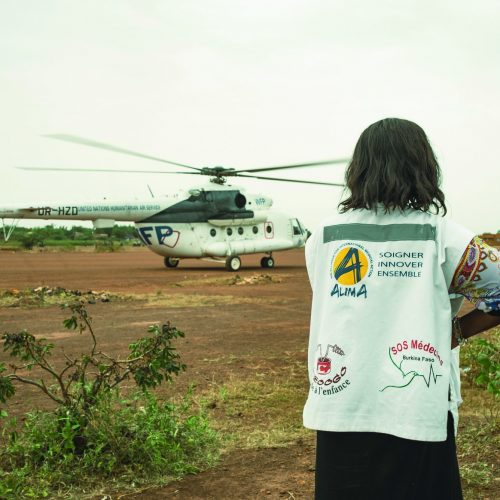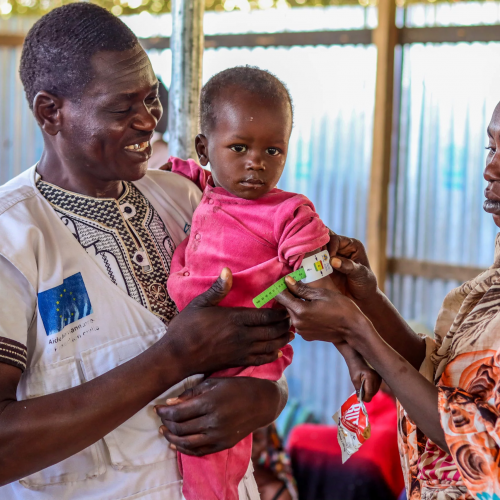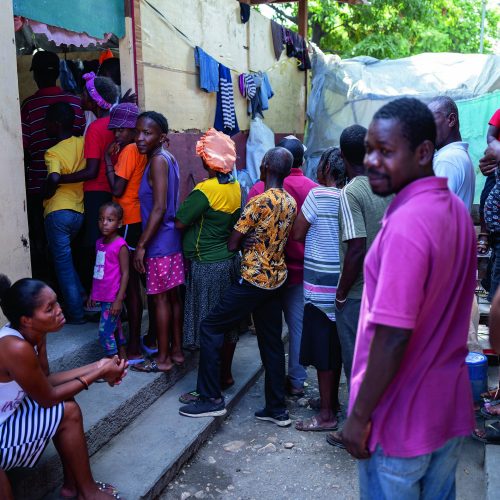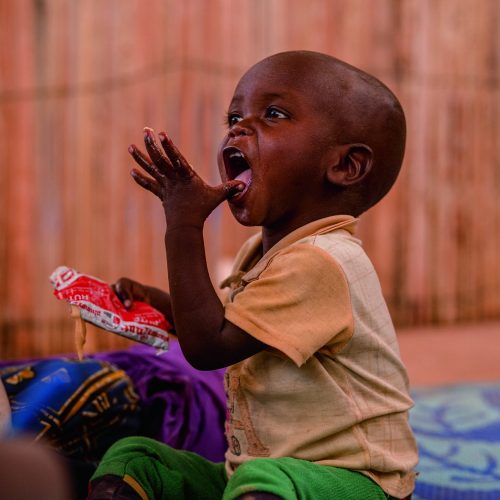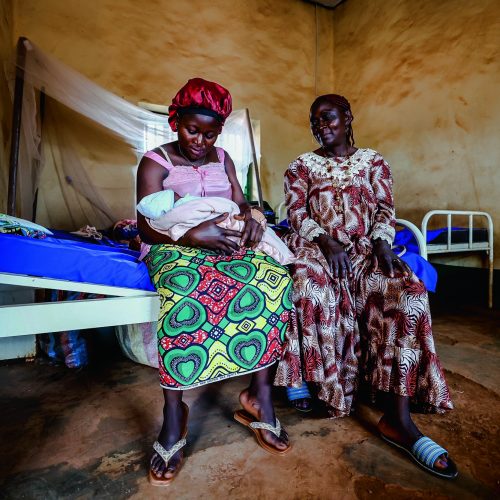Istanbul, May 2016. After 20 years marked by the professionalization of the sector of humanitarian NGOs, the agenda of the World Humanitarian Summit in Istanbul was devoted to coming up with new solutions to end the bureaucratic deadlock which, in the early 20th century, distanced humanitarian aid from its primary mission: provide relief. This process led to the “Grand Bargain”, a historical commitment between donors and the largest NGOs to make humanitarian aid more efficient and effective. A core element of this “New Deal”: the directive of “localization”, with the formula: “As local as possible, as international as necessary.”
A few years later, it is clear that inertia has prevailed. While the initial objective was to significantly increase direct financing for local and national responders, the ambitions have been scaled down. Firstly, it boils down to a question of financing “as direct as possible”, which reintroduces the possibility of prescriptive intermediate structures such as international NGOs or UN agencies. Secondly, the available figures are clearly disappointing: 14% for localization instead of the 25% announced for 2020. And especially, 0.4% of really direct financing, meaning the same level as in 2016!
Localization, a long-term process
In our organization, we have been trying to set up a model for several years to fit in with the paradigm of localization that is central to the “Grand Bargain” platform. We have experienced iterative difficulties with this, but after over ten years of trial and error, we can also see the positive effects today. Beyond our own experience, localization is the name of a real “Copernican revolution” for the humanitarian sector. In short, it is a question of “revealing” African emergency doctors, not only to African people and authorities, but also to all the Western stakeholders (donors, professionals, NGOs, researchers…).
This “Copernican revolution” involves several stages. For ALIMA, it firstly involved taking the best of North-South partnerships so that it benefits South-South partnerships. The initial objective was to delegate the humanitarian emergency operations and governance to national stakeholders. We have tried to realize these ambitions by implementing a mixed governance (Afro-European Board of Directors chaired by a doctor from DRC) and a dual organizational system (headquarters in France, operational headquarters in Dakar).
The specific nature of the partnership relations with local NGOs is central to the transition process. This is where the switchover to localization ultimately does or does not come into play: the relationship either remains instrumental or it becomes organic. It has taken us a lot of time and reflexivity to achieve the current productive and regulating formula in our Alliance. The partnership jointly set up with local NGOs is based on the principle of subsidiarity in the use of our resources. For them, it means not being absorbed by the Alliance, obtaining a share of its financing and not being subject to a validation procedure for their projects outside our common projects.
Akuol Akuei during prenatal consultations at the ALIMA mobile clinic at the Getaway mobile site in Aweil, South Sudan. © Patrick Meinhardt / ALIMA
Humanitarian aid in Africa: on track towards a mainly African structure
The results on mutual capacity building are quantifiable: both local NGOs and ours have been professionalized. Their medical staff have been able to train with African and European experts from the French and Senegalese headquarters. Consequently, local member associations of the Alliance, such as BEFEN (Niger), Alerte Santé (Chad) and others are now recognized as such by their national authorities and the international community and can access calls for tenders by donors.
The second phase involves completing our association’s transition towards a mainly African structure operating with South-South dynamics. From an operational viewpoint, the number of our African expatriates on a mission for ALIMA has risen from about 10% in 2020 to over 95% today. In terms of governance, the partner NGOs have been appointed to the Board of Directors (a third of the seats depending on the bylaws), which gives them decisive decision-making power.
We do, of course, maintain close relations with Western stakeholders, in particular for research and institutional financing, with fundraising and communication being handled by the Paris office. But we feel we have achieved our objective, i.e. we have created an African humanitarian NGO able to operate on the ground and in the most difficult emergency situations in the Sahel and Sub-Saharan Africa (Ebola, malnutrition, malaria, population displacement), with the participation of the African beneficiaries in the solutions that concern them.
Oumy Mbaye, Supply Officer at ALIMA, in front of the loading of respiratory equipment, Dakar airport, Senegal, 2020. © Cora Portais / ALIMA
Localization validated by the COVID-19 crisis
To address the ordeal of an epidemic like COVID-19, our African teams have managed to deploy in the various areas while the NGOs from the North were grounded by the suspension of international flights and the gradual closure of borders. We have also deployed several hundred beds for COVID-19 patients through this community-based and decentralization approach to supply chains, including over a hundred thanks to the support and responsiveness of AFD’s “COVID-19 – Health in Common” initiative, and trained over 1,500 health workers.
But beyond the downstream logistics, localization makes it possible to build a health response adapted to the context of African countries. For example, it avoids European biases, in particular for the lockdown protocols and prevention campaigns. By including beneficiary countries prior to field interventions, humanitarian NGOs avoid the methodological “copied and pasted” from outside or even from an African country to another and contribute to a structural change in the societies concerned.
On the front of vaccine research and a low-carbon footprint
Tomorrow, this Africanization of the management of Covid will need to continue on the front of vaccine research. Indeed, Africa will need its own logistical and cultural mechanisms: firstly to obtain or manufacture its vaccines, then to convince and reach populations inclined to transform the structural injustice of their global socioeconomic relegation into resentment and a rejection of techno-scientific “solutions” from the North.
The post-Covid era cannot under any circumstances consist of a return to business as usual. Climate change forces us to reduce our carbon footprint. Gone are the days of long-haul logistics and the circus of large international NGOs worthy of airborne external military operations (“OPEX”). Our sector cannot back out of its environmental responsibility in the name of the urgent need to save. Here again, local solutions will be synonymous with resilience and effectiveness.
Finally, security issues and political acceptance are making the projection of Western expatriates increasingly difficult in certain African areas. It is, of course, not a question of risks being transferred to local staff which NGOs in the South would cynically take advantage of with the complicity of Western ordering parties and donors. It is a question of being lucid in terms of deep and lasting geopolitical crises that collaterally reveal the dependency of Africa’s health sector on the former colonial powers.
Systematizing the localization of humanitarian aid in the “world after”
The 2000s can mark a paradigm shift under three conditions:
- That Western donors do not make the transfer of financial resources to stakeholders in the South conditional upon untenable bureaucratic standards;
- That the large international humanitarian NGOs no longer consider local NGOs as service providers or proxies, but as fully-fledged partners to pass the baton to and redefine their social mission in this sense;
- That local stakeholders in the South reconnect with the original values of humanitarian aid: work for healthcare, security and the dignity of common goods, if not public goods.
When these three conditions are fulfilled, we will no longer talk about humanitarian workers in Africa, but about African humanitarian workers.
Cover photo: © Mamadou Diop / ALIMA
This text was first published on the ID4D website.
The opinions expressed on this blog are those of the authors and do not necessarily reflect the official position of their institutions or of AFD.

